Keywords: Social Teaching
-
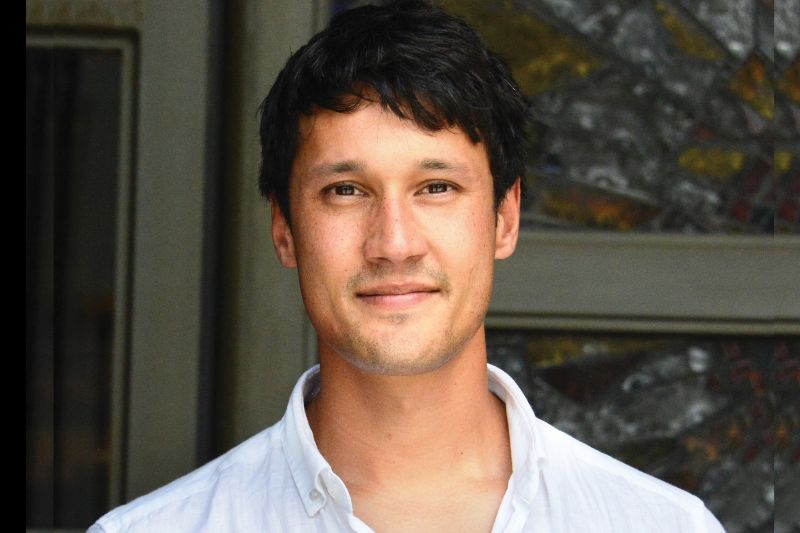
AUSTRALIA
- Michael McVeigh
- 06 February 2024
In a world that has become increasingly more divided in the aftermath of the pandemic, Executive Director of Catholic Social Services Victoria Joshua Lourensz is questioning how we might best re-develop a sense of the commons to reignite our communities and foster social responsibility?
READ MORE
-

RELIGION
- Bill Uren
- 30 January 2024
8 Comments
As Australia adopts voluntary assisted dying nationwide, the Australian Catholic Bishops Conference addresses ethical challenges for end-of-life care in this new legal landscape. What is to be done when a terminally ill Catholic patient requests access to the sacraments when their intention is to embark on assisted suicide?
READ MORE
-

INTERNATIONAL
- Warwick McFadyen
- 16 January 2024
4 Comments
In a recent survey of young Americans, 20 per cent of respondents, aged from 18 to 29, thought that the Holocaust was a myth. If knowledge of history fades into the mist, the space will be filled with ignorance, and worse, wilful malice.
READ MORE
-
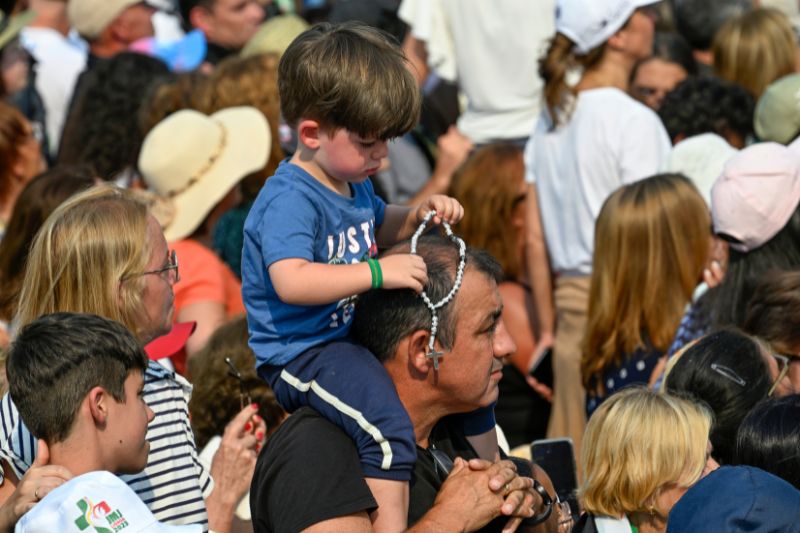
RELIGION
- Andrew Hamilton
- 16 November 2023
10 Comments
In a recent letter, Pope Francis articulated a controversial vision for an active theology in the Catholic Church, which should be open, outgoing, working at the frontiers of church, rather than self-referential and inward-turning. Naturally, this has raised important questions around the proper place and role of theology.
READ MORE
-
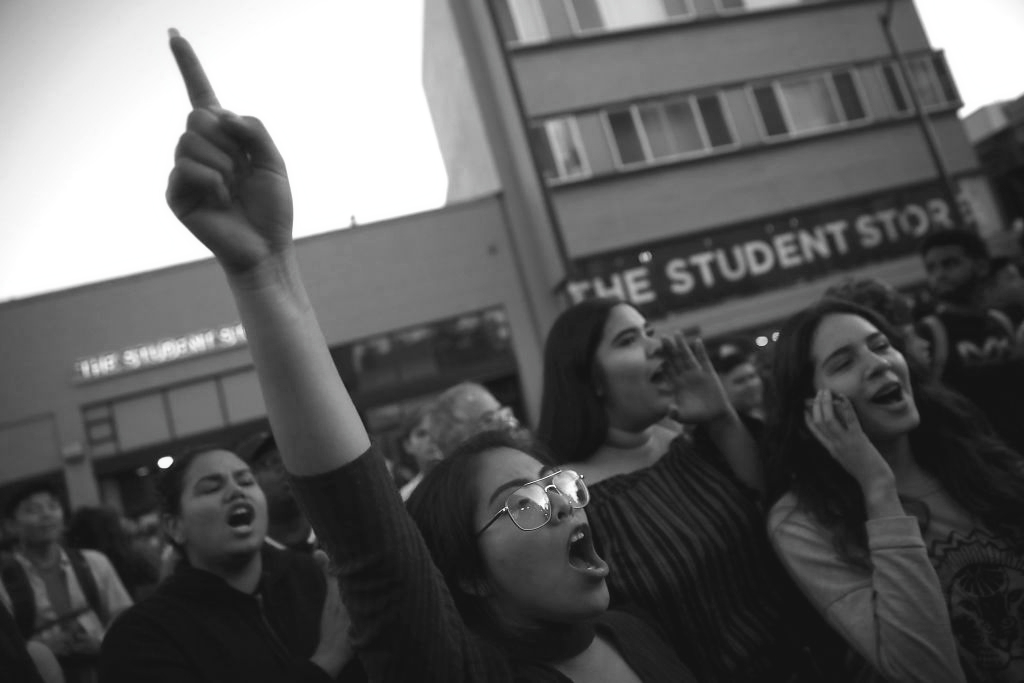
INTERNATIONAL
- Kenneth S Stern
- 25 October 2023
The university campus is really the ideal place to tackle thorny issues. It is a safe place to examine all ideas, even — or perhaps especially — those that people find offensive or disturbing. The sad fact, though, is that there is a push these days to send the opposite message to students — that they should be shielded from intellectual discomfort. (From 2022)
READ MORE
-

AUSTRALIA
- Mark Gaetani
- 12 October 2023
3 Comments
Beneath the facade of Australian prosperity lies a hidden country where over three million citizens, including a staggering 761,000 children, grapple daily with the hard choices that come with poverty. With an urgent need for reform, what policy shifts could bring about the transformation this nation needs?
READ MORE
-
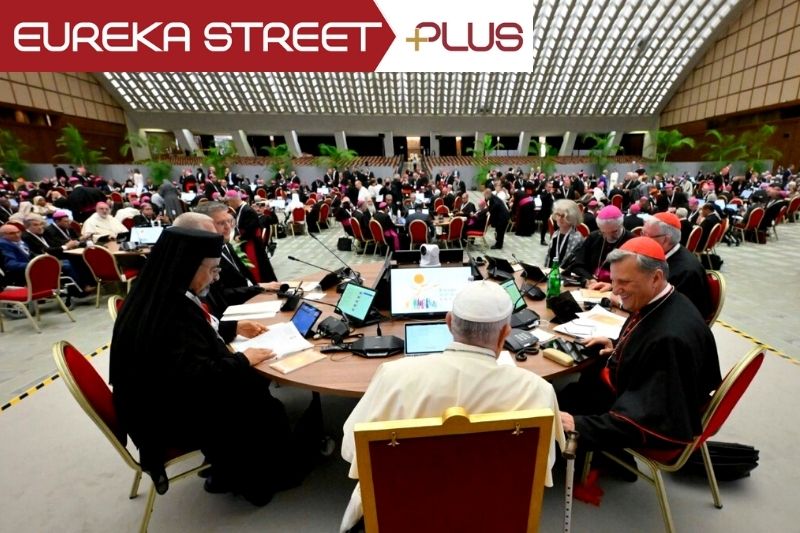
AUSTRALIA
- Julian Butler
- 11 October 2023
Amidst a backdrop of polarized decisions and rising populism, at the Synod on Synodality in Rome, Pope Francis emphasises collaborative listening. As he explores decision-making in religious contexts, could prioritising process over outcome reshape our own current political landscape?
READ MORE 
-

AUSTRALIA
- Andrew Hamilton
- 04 October 2023
4 Comments
An examination of school reading lists and libraries unveils striking parallels with the debates and concerns surrounding the Referendum, highlighting the pervasive societal anxieties and the intricate interplay of national identity and values, and the ongoing need for empathy.
READ MORE
-

EDUCATION
- Michael Furtado
- 28 September 2023
38 Comments
As Australia grapples with educational inequality, those in the Catholic education system must ask: how do we test for a clear commitment to Catholic Social Teaching and the seminal role it plays in enunciating the guiding principles of Catholic education, particularly in regard to it being offered, ‘first and foremost … to the poor’?
READ MORE
-
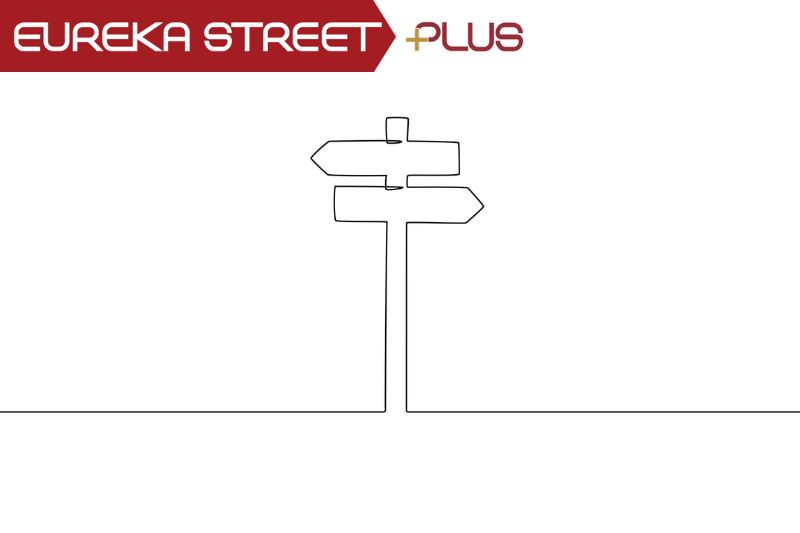
AUSTRALIA
- Michele Gierck
- 22 September 2023
Can genuine dialogue influence societal change? In discussion with Professor Joe Camilleri, Michele Gierck explores initiatives to achieve productive public discourse, and the transformative power of conversation as our most effective catalyst for global change.
READ MORE 
-
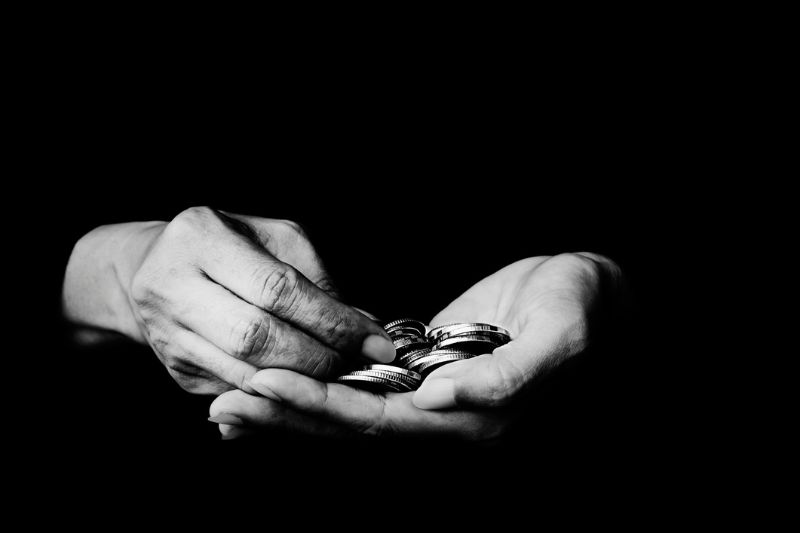
AUSTRALIA
- Mark Gaetani
- 02 September 2023
A new report for St Vincent de Paul Society suggests minor tax and welfare tweaks could lift 834,000 Australians from poverty. Amidst skyrocketing rents and income disparities, the call for an empathetic economic overhaul is louder than ever.
READ MORE
-

EDUCATION
- Anthony Dillon
- 10 August 2023
1 Comment
We need to change the language from improving 'attendance' to improving 'engagement' — to reflect that schools need to be places of learning for Indigenous children, not just minding centres, and that learning comes with engagement. (From 2019)
READ MORE